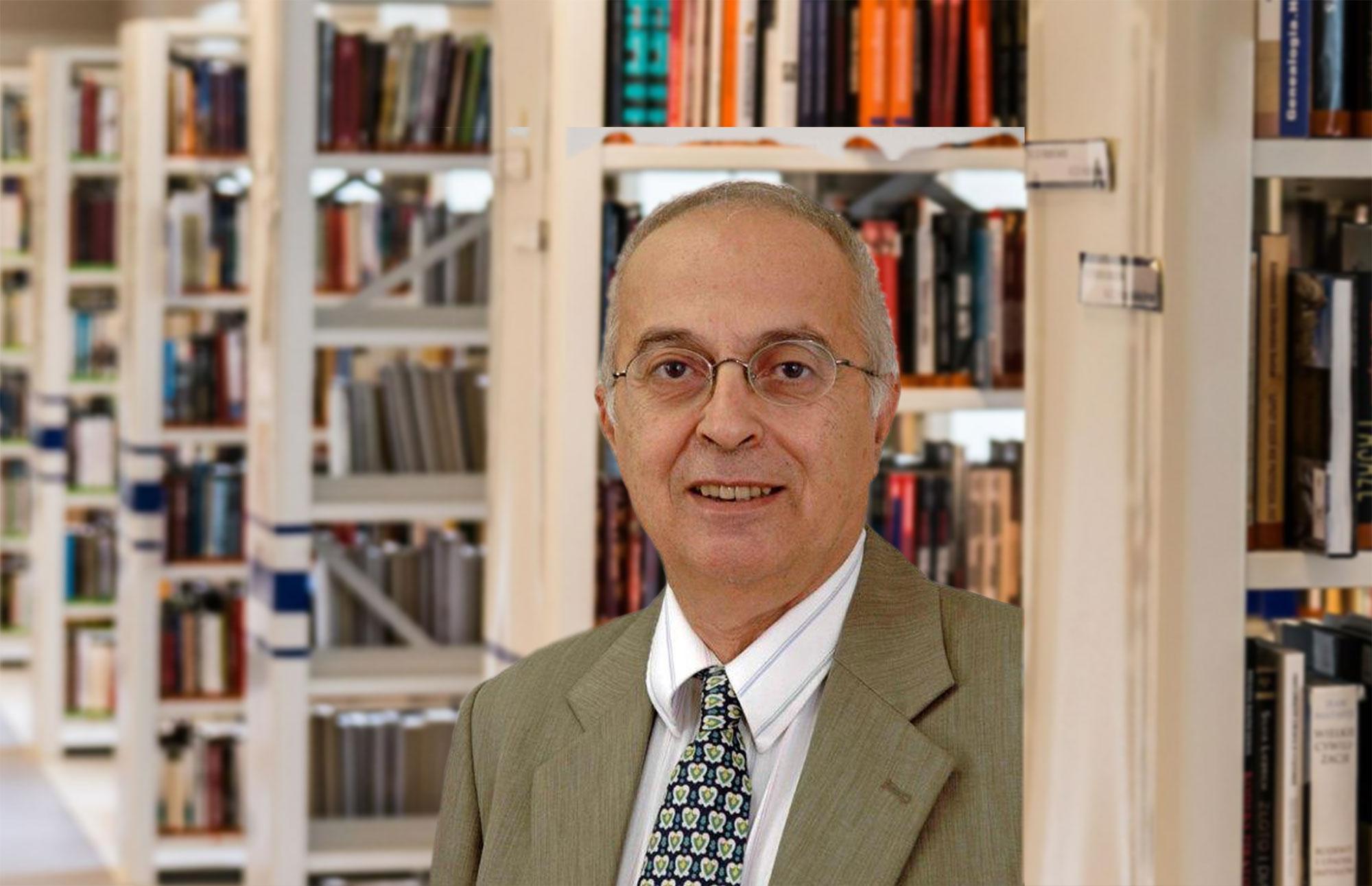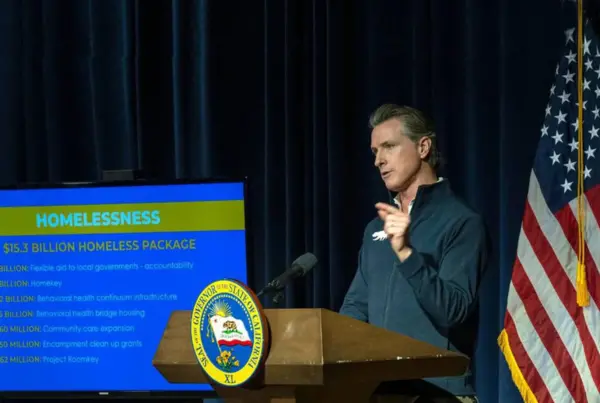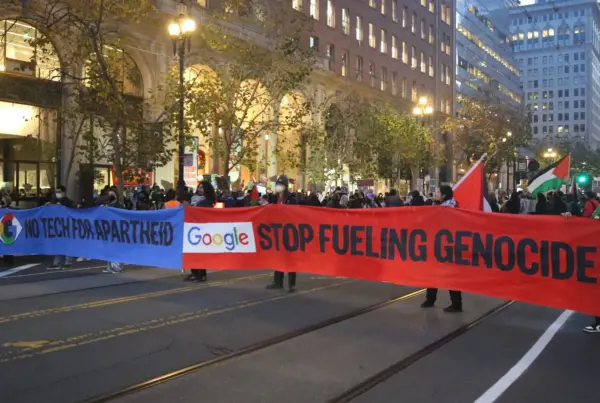Professor David Menashri takes a pragmatic approach to the recently resumed nuclear talks in Vienna, aimed at returning Iran and the US to compliance with the Iran nuclear deal or JCPOA. Negotiating means sitting at a table and starting a conversation. No side will achieve everything, but a compromise is possible. He quotes the late Prime Minister of Israel Yitzhak Rabin: “Peace is not made with friends. Peace is made with enemies.”
Diana Mautner Markhof , 15 December 2021
iGlobenews Advisory Board Member David Menashri, Professor Emeritus of Tel Aviv University and Founding Director of the Alliance Center for Iranian Studies in Israel, gave iGlobenews an exclusive interview. Professor Menashri is a world-renowned scholar and highly respected not only in Israel but also in Iran. His book “Education and the Making of Modern Iran” was translated and published in Tehran in the summer of 2020, in cooperation with the Supreme Council of Higher Education in Iran. It has been praised as one of the best books written on Iranian education. He is now working on completing his new book “Iran, the United States and the Middle East”. As a member of the International Council of the Pugwash Conferences on Science and World Affairs and chairman of the Israeli Pugwash Forum, he takes a keen interest in issues surrounding nuclear non-proliferation.
On the eve of the Islamic Revolution in the late 1970s, Menashri, who is fluent in Farsi, spent two years conducting research and field studies at Tehran University. He has in-depth knowledge of Iranian culture, history, politics, religion and civilization. Though very critical of the leadership in Iran, he highly respects Iranian culture and the Iranian people. “I speak from Israel the Jewish State. Jews are indebted to Cyrus the Great for granting freedom to the Jews to come and rebuild the Temple. I do not see why Israel and Iran should be fighting with each other.”
The Iran nuclear deal is a “very important issue facing mankind, facing the world”. Professor Menashri takes a pragmatic approach to the recently resumed nuclear talks in Vienna, aimed at returning Iran and the US to compliance with the so-called Iran nuclear deal or JCPOA (Joint Comprehensive Plan of Action). “This … deal is a good chance for Iran to get [its people] out of … misery. Human rights in Iran, the gap between rich and poor, the environmental problems, the lack of water–there are so many other issues in Iran. Let Iran put aside the nuclear issue and start dealing with the real problems of the Iranian people.” Negotiating means sitting at a table together and starting a conversation. Although Iran was faultless regarding the US pullout in 2018, the issue is serious. Both sides need to give and take. “No one will achieve everything, but hopefully they will come out with a compromise.”
Professor Menashri puts the current political situation in Iran into an historical perspective. With the election of the hardline President Ebrahim Raisi in June 2021 a new situation arose for the first time in the Islamic Republic of Iran’s 42 years of existence: in addition to Iran’s Supreme Leader Sayyid Ali Khamenei, who wants to leave his future legacy for Iran, all heads of the three branches of government—executive, legislative and judiciary — are currently headed by radical conservatives. In the past, the power of the executive and the parliament was divided or alternated between the “pragmatic realists” and the “dogmatic extremists”. Menashri believes that a more pragmatic approach is needed for the Vienna negotiations: “you do not feed people with slogans … revolutionary patience cannot [buy bread at] the supermarket and [feed your] children.”
Although Russia and China support Iran, it would be unwise to count on this “alliance” if the greater interests of these two powers, such as their relationship with the United States or their own economic or geopolitical goals, are in conflict with their Iranian relationship. In Professor Menashri’s words: “In [a moment] of truth when China [has] to choose between the US and Iran, they may be on the American side. The same goes in my view [for] the Russians, if their interests would clash with those of Iran”. He states that Iran should not draw red lines and be more pragmatic: “Here you have to determine achievable goals and compromise.” In 2015 the Supreme Leader of Iran put the interests of his people first and made the decision to enter negotiations, which ultimately led to the JCPOA. The Supreme Leader called it a “heroic flexibility” to come and deal with the enemy.
Once again, Professor Menashri brings up relevant precedents from history. After the Iran-Iraq war, Supreme Leader Ayatollah Khomeini faced a similar dilemma. Eight years of brutal war with close to one million killed or injured on both sides convinced Khomeini to do what realistically had to be done: end the war. In Ayatollah Khomeini’s words: “It would be sweeter for me to drink poison than sign a deal with Saddam Hussein, but we do not have a choice”. Menashri reminds us that Iran in the past has been willing to depart from ideology to preserve the vital interests of the Iranian people. Khomeini’s words and actions are still relevant in today’s setting, when Iran’s Vienna negotiators and leaders have such critical decisions to make.
Professor Menashri mentions other important examples of leaders who consistently made the same choice: peace over war. The late Prime Minister of Israel Yitzhak Rabin made a similar statement: “Peace is not made with friends. Peace is made with enemies”. In 1977 Muhammad Anwar el-Sadat, President of Egypt, “the enemy number one of the State of Israel”, decided that peace would serve his interests better than war. He was invited to come to the Israeli parliament and he came and spoke to the people of Israel. This led to the conclusion of the Camp David Accords involving Egypt and Israel in September 1978.
Professor Menashri’s sincere call to Iran should be taken to heart: he pleads for the return to the JCPOA and the hope that Iran’s leaders will recognize the benefits which this deal might bring for generations to come. “Human beings should learn to live with one another. I do not think there is hatred in the West against the Iranians. There is much appreciation of the Iranian people in western culture. Iran is a great civilization.” Menashri also admonishes the US not to insist on unreasonable positions. Europe has a central role to play and the new Israeli government should accept a deal, provided that a regime with such an extremist policy would not possess nuclear weapons.
Professor Menashri has dedicated his life to studying Iran and understanding its people. Regarding the JCPOA, each side should ask itself: “What is the best way to put this animosity aside and find ways to build bridges between different societies.” He pleads for the people of Iran, who have been demonstrating against the severe draught and blackouts. Some demonstrators carry signs reading: “Why should I care about Lebanon or Iraq: my life is devoted to Iran”. An article written 20 years ago by an unknown Iranian student as a reply to a cleric’s article is on Professor Menashri’s mind these days. The student wrote: “The problem is not that we the young are crossing unidentified red lines, the problem is that you the clerics in power are driving against the flow of traffic.”





